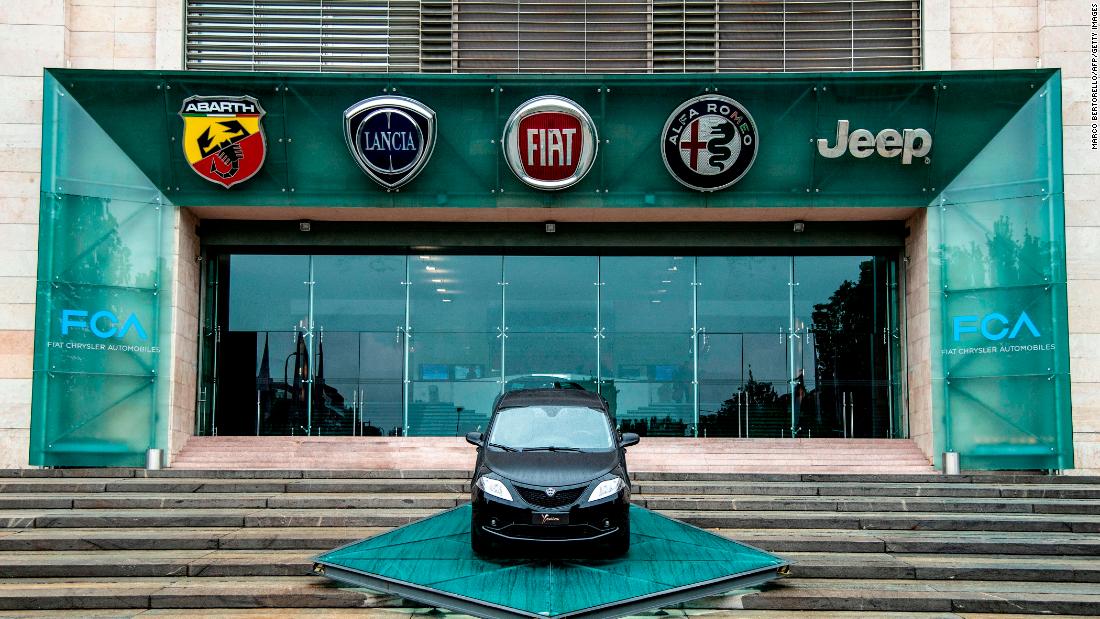Spam phone calls are the No. 1 consumer complaint at the Federal Communications Commission. Seventy percent of people no longer answer calls they don't recognize, according to Consumer Reports.
smartboy10/Getty Images
hide caption
toggle caption
smartboy10/Getty Images
The spam calls keep coming, offering you loans or threatening you with jail time for IRS violations. By some estimates, they make up at least a quarter of all calls in the United States.
And as the problem continues to grow, it creates a whole new set of related nuisances for people like Dakota Hill.
He estimates he gets hundreds of unwanted spam calls every month. But Hill says he also gets calls from people who think he's spamming them.
In addition to hundreds of unwanted spam calls every month, Dakota Hill says he fields calls from people who think he's spamming them.
Courtesy of Jade Hewitt
hide caption
toggle caption
Courtesy of Jade Hewitt
People call, asking: "Do I know you?" or "Why did you wake me up?"
In fact, Hill didn't place any of those calls. He figures his number is being "spoofed"; fraudsters use software to trick the caller ID system to make it appear as though calls are coming from his phone.
He explains this, over and over, to the people calling him.
There is an irony here. The cellphone has become our everything — our wallet, photo archive, computer and music library. But it's also becoming less appealing as a phone. Consumer Reports found that 70% of people no longer answer calls they don't recognize. Regulators and industry are combating junk calls. But at least so far, they haven't succeeded.
The Federal Communications Commission, which regulates phone companies, itself has been targeted.
"We've seen recently scammers using our number, spoofing our number, to try to convince consumers that they're from the FCC and in some way get money out of them," says Patrick Webre, chief of the agency's consumer bureau.
He says spam calls are the No. 1 consumer complaint and a top priority for the agency. FCC Chairman Ajit Pai has demanded that all U.S phone carriers install new technology to authenticate real calls and flag potential spam by the end of this year.
The battle against phone spam is so big that there's a sub-industry combating it.
At Hiya, a Seattle technology startup that's designing ways to block spam calls, U.S. calls are tracked on giant computer monitors. Jonathan Nelson, director of product management, says consumers are adapting — by not answering the phone and letting calls go to voicemail.
But spammers then devise clever new ways of bilking people. The latest example is the "one ring" scam, which emerged May 3. That day, Nelson's monitors turned a flurry of red.
"It was [an] explosion of calls," he says. "We'd never seen that level of volume before."
This scam involves robocallers hanging up after one ring, hoping to trick the victim into calling back on an expensive international toll line, mostly to West Africa.
Scams are easy to perpetrate and hard to stop, largely because technology allows calls to go out by the millions with the click of a button. Many scams prey on fear — of arrest or investigation by a government agency — and target immigrants, taxpayers, debtors or retirees.
And to be profitable, spammers need only a small fraction of recipients to fall for the scam. Scams cost Americans an estimated $10.5 billion a year, according to spam blocker Truecaller. But their success, Nelson says, comes at a high cost to consumers: "We're kind of seeing the death of the phone call."
Most cellphone carriers recognize they need to step up the fight.
Chris Oatway, associate general counsel for Verizon Wireless, calls the fight with spammers an "arms race" and says the company is investing more than ever in technologies to detect, identify and trace junk calls. "The key here is to restore trust in voice calls," he says.
But doing so is complicated, because telephone networks are so interconnected. If another wireless carrier doesn't flag a spam call, Verizon's network might not recognize it's a problem and let it go through. Oatway says that's just one way spammers might still succeed.
Let's block ads! (Why?)
https://www.npr.org/2019/06/06/727711432/do-i-know-you-and-other-spam-phone-calls-we-can-t-get-rid-of
2019-06-06 09:00:00Z
CAIiEMU9jFYdtF3KHQGHAm86fgcqFggEKg4IACoGCAow9vBNMK3UCDCvpUk






